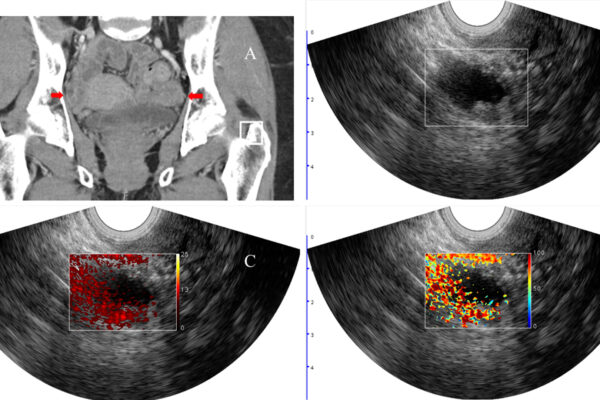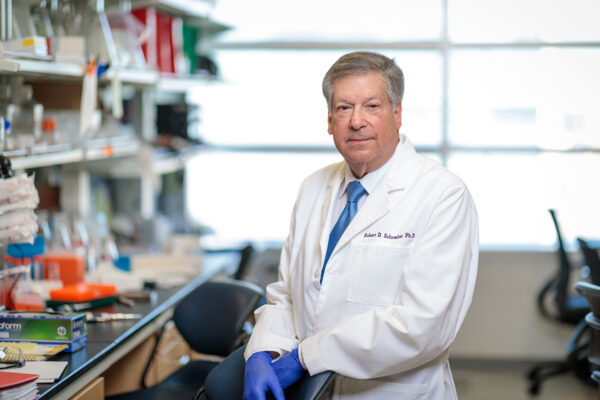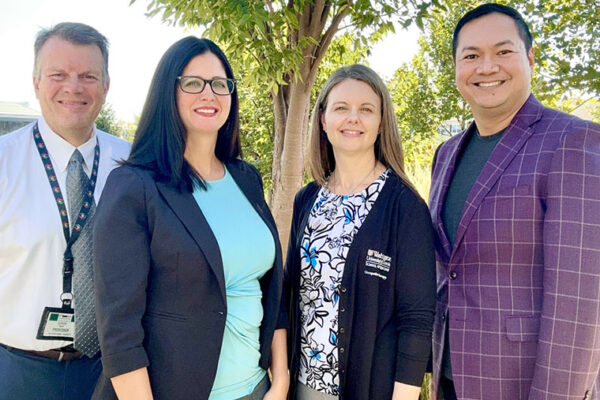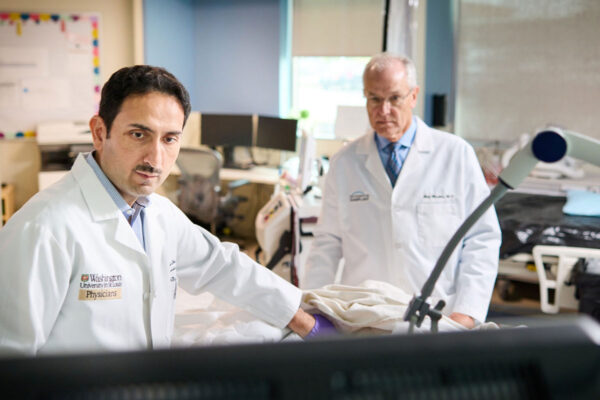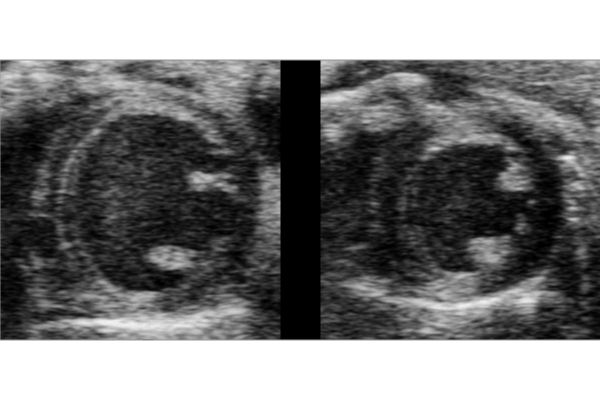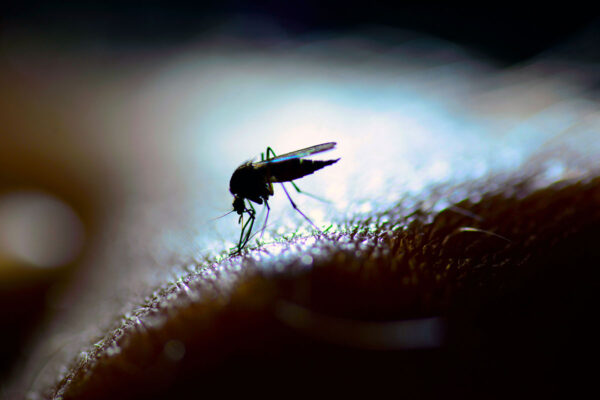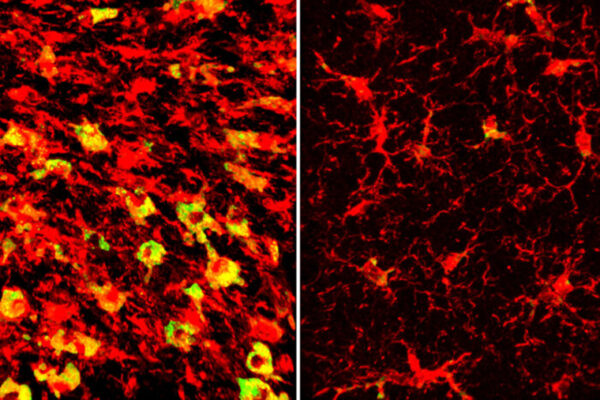Improving heart health to save lives during, after pregnancy aim of programs
Researchers at Washington University in St. Louis and the University of Abuja in Nigeria have received grants to work with community organizations in St. Louis and Abuja to improve cardiovascular health during and after pregnancy.
Photoacoustic imaging improves diagnostic accuracy of cancerous ovarian lesions
Researchers and clinicians at Washington University in St. Louis developed a new imaging method to better diagnose lesions in the ovaries and fallopian tubes that may help to avoid unnecessary surgeries.
Schreiber receives scientific innovator award
Robert Schreiber, of Washington University School of Medicine in St. Louis, is the 2024 Senior Scientist Winner of the Innovators in Science Award. The award recognizes his outstanding contributions to the field of cancer immunology.
Puray-Chavez named Mendez Scholar
Virologist Maritza Puray-Chavez, a staff scientist at the School of Medicine, has been named a 2023 Dr. Eddie Mendez Scholar by the Fred Hutchinson Cancer Center.
Program in Occupational Therapy receives $1.1 million grant
The Program in Occupational Therapy at the School of Medicine received a $1.1 million grant from the U.S. Department of Education’s Special Education – Personnel Development to Improve Services and Results for Children with Disabilities Program.
Long-standing hormone treatment for donated hearts found to be ineffective
Raj Dhar, MD, at the School of Medicine, co-led a study that showed that the long-standing practice of treating deceased organ donors with thyroid hormone does not help preserve heart function, may cause harm and should be discontinued.
Kwon receives CDC grant to study viral transmission within households
Jennie H. Kwon, DO, an associate professor of medicine and chief of the section of Healthcare Epidemiology & Antimicrobial Stewardship at the School of Medicine, has been awarded a $3.6 million grant from the Centers for Disease Control and Prevention to lead a multisite clinical study.
Radiation therapy may be potential heart failure treatment
In diseased hearts, low-dose radiation therapy appears to improve heart function. The new research, from the School of Medicine, could lead to new heart failure therapies.
Researchers identify way to block alphavirus infection
Researchers at Washington University School of Medicine in St. Louis have found an innovative way to block infection by a variety of alphaviruses, a group of mosquito-borne viruses that can cause joint and brain infections in people.
Lowering a form of brain cholesterol reduces Alzheimer’s-like damage in mice
Researchers at the School of Medicine have found that a form of cholesterol known as cholesteryl esters builds up in the brains of mice with Alzheimer’s-like disease, and that clearing out the cholesteryl esters helps prevent brain damage and behavioral changes.
View More Stories

